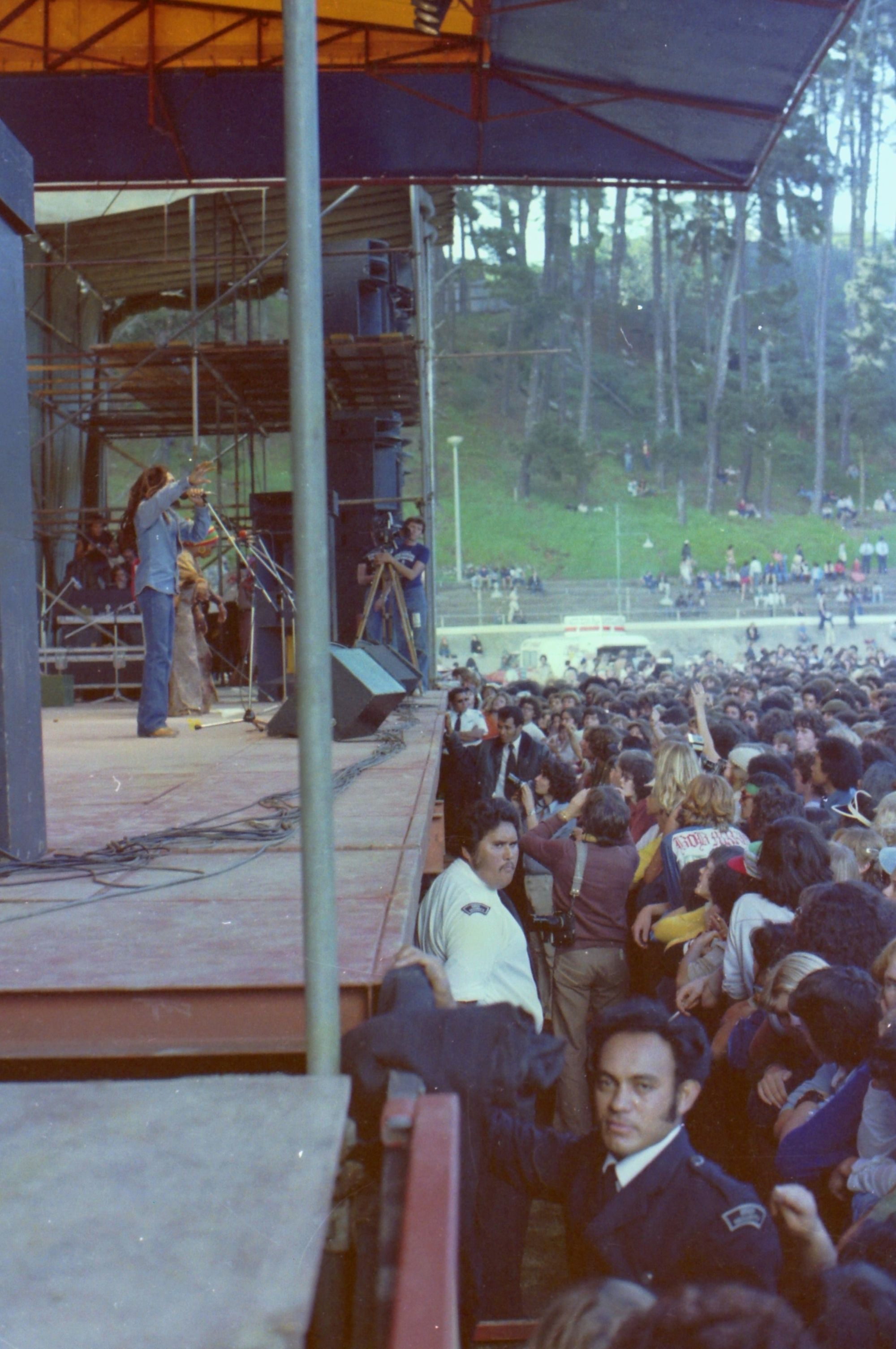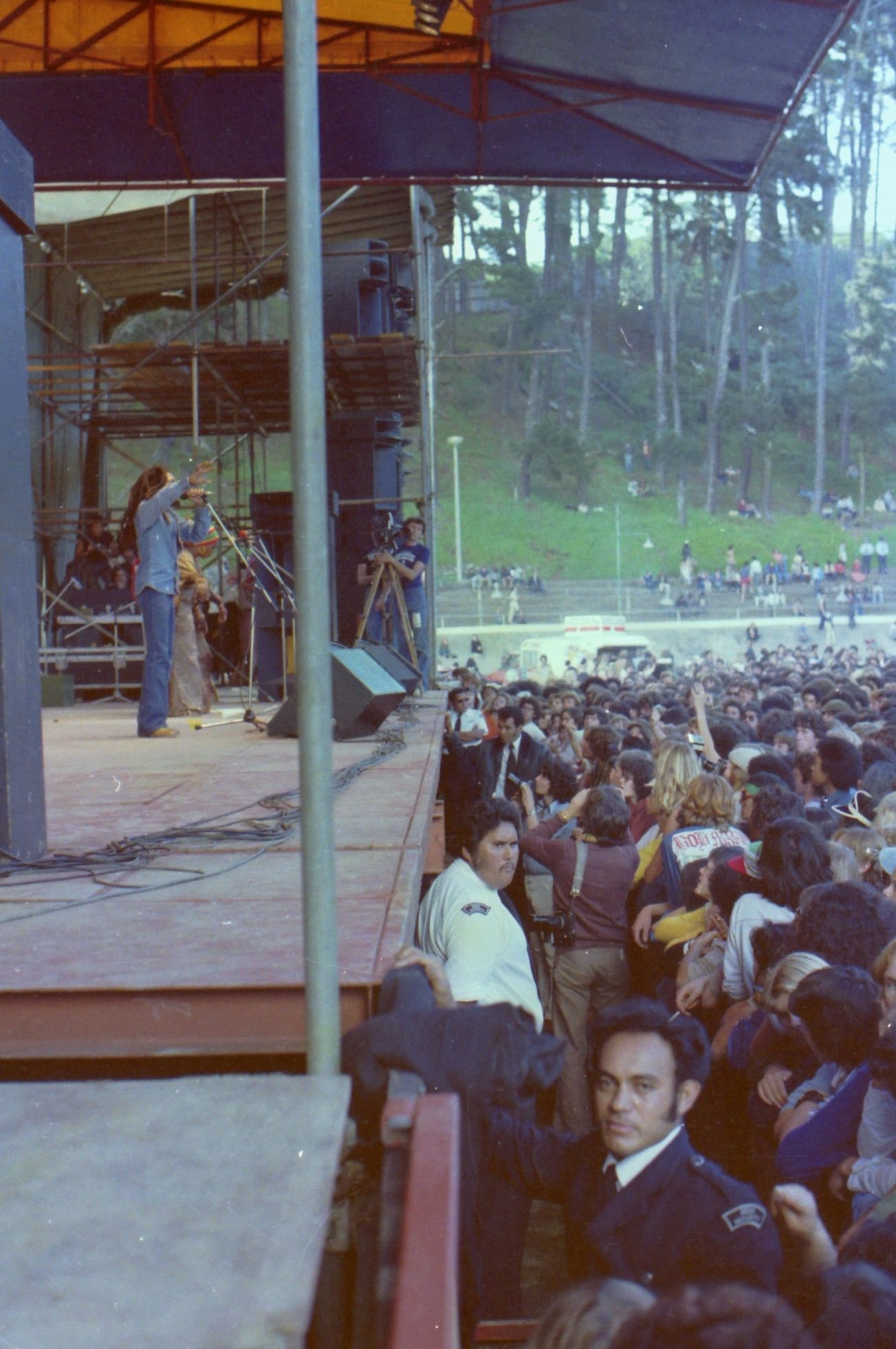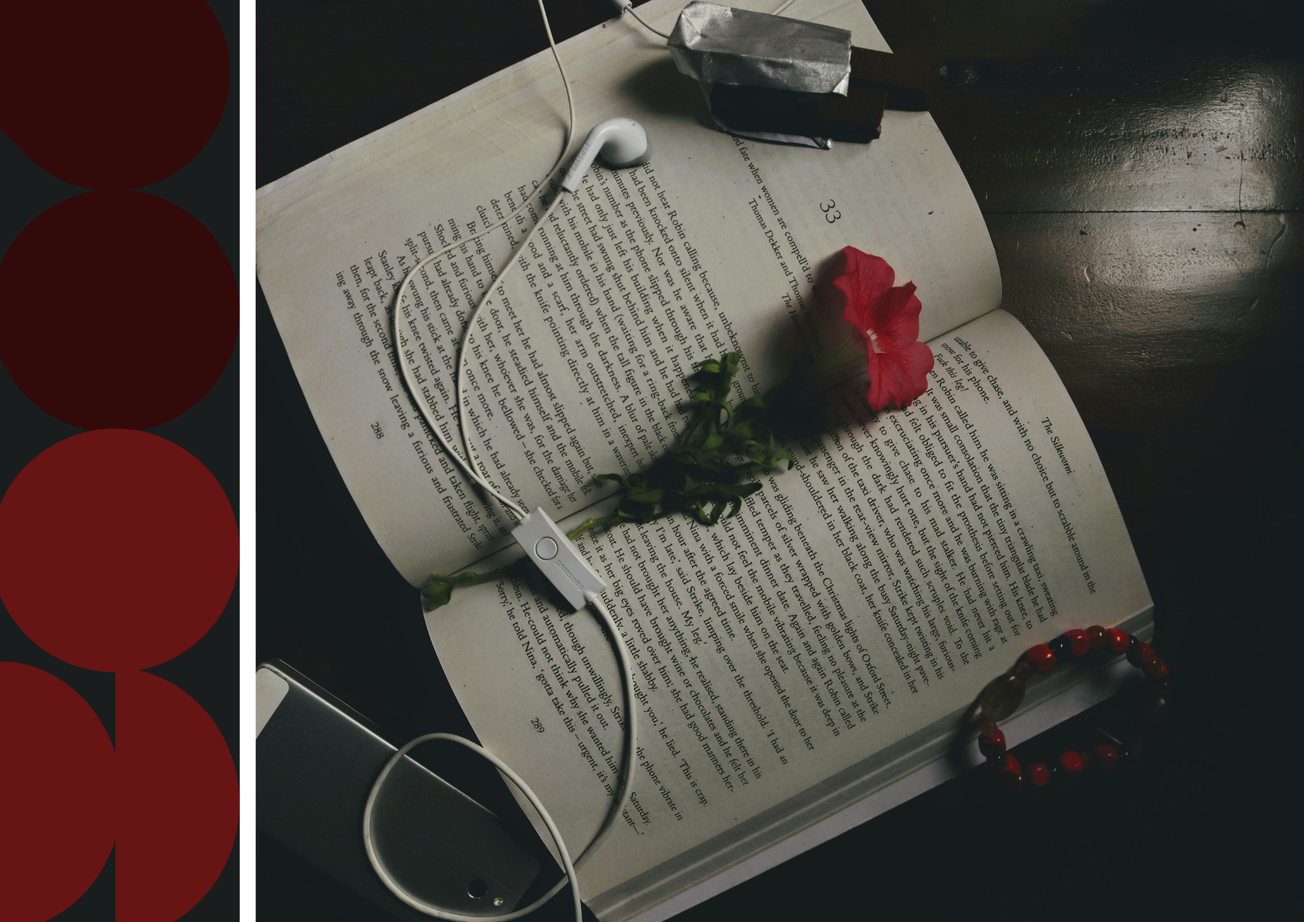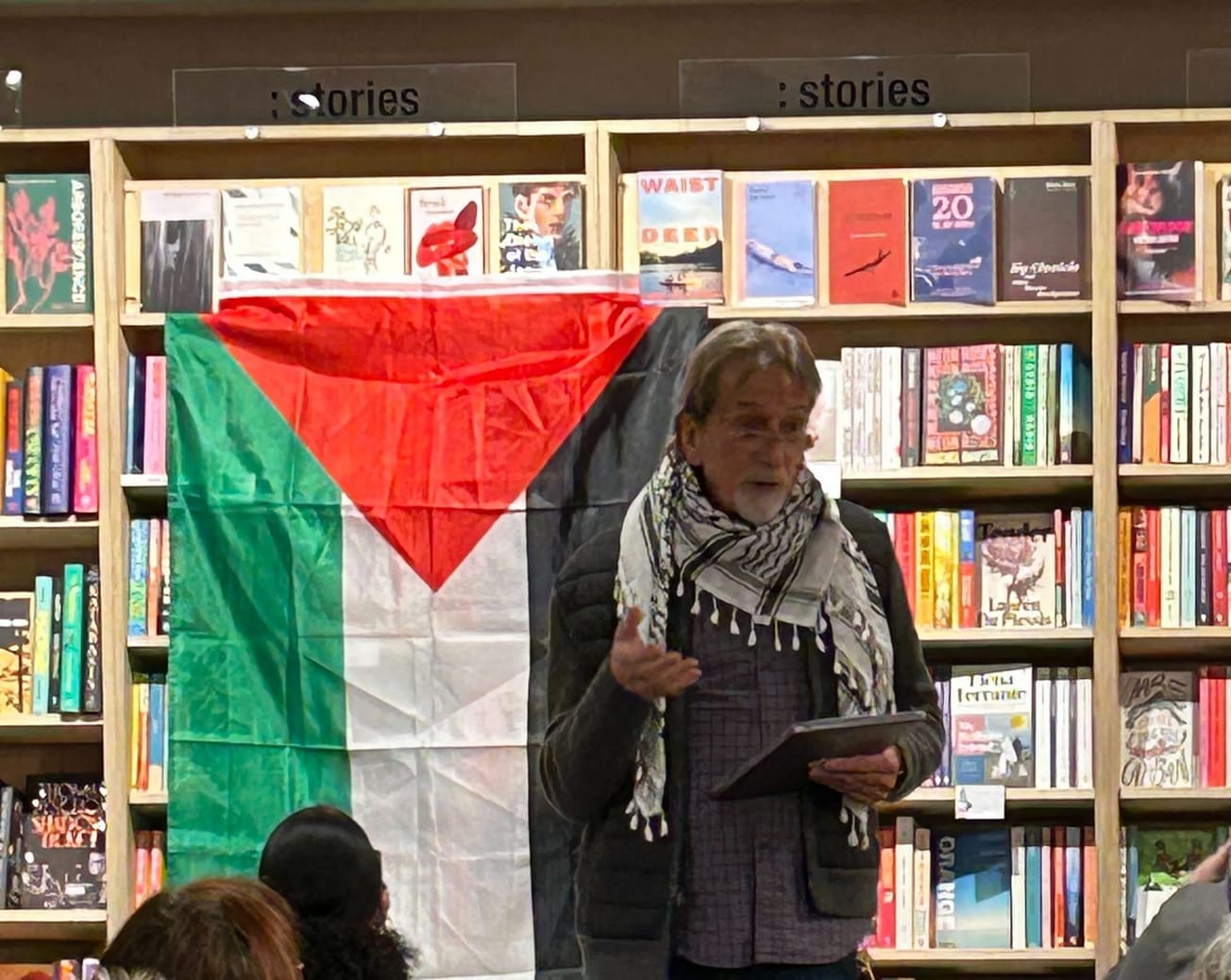By Luke Unger
Luke Unger has a warble with Aston Barret Jr. of legendary reggae sound machine The Wailers as they prepare for their world tour reunion.
I had the opportunity to interview Aston Barrett Junior, current drummer for the Wailers and son of former Bob Marley bandmate, Aston Barrett. I don’t think I was quite sure what to expect. I sit by the phone. The phone rings. I am answered by a relaxed, considered voice that greets me without predilections. Aston calmly says he’s in Florida at the moment whilst I look out my grey window, viewing a drizzling Bristol.
Wailers come with positive energy and negative energy, there’s a lot of jealousy and there’s a lot of privilege, it’s human nature see.
I start by asking, enthralled, what Aston felt about playing with the Wailers again after so long. “Really, really, really great man,” he replies, spoken through both a heavy Jamaican accent and a smile. “My father is very magical. When I’m around him I Know Carly’s around too, you can feel that energy, the spirit of the Barrett brothers. Me being the seed of a Barrett, I can play drums but when I’m with father I can feel the energy of Carlton and it just flows through me.”
Carlton Barrett, brother of Aston Barrett was the original drummer in Bob Marley and the Wailers but was murdered in 1987 by his wife Albertine Barrett and two other men outside his home in Jamaica. Carlton’s wife served only one year in prison due to a legal technicality. I probe Aston Junior, asking him if there was still any resentment or anger untoward Albertine’s short sentence, and the premature death of his inspiration. He replies after some deliberation saying, “I’m not too sure what happened exactly as I wasn’t around at the time, but from what I gather it was to do with a misunderstanding. His [Carlton’s] wife hired someone to get rid of him. She used to put things in his food, got him a little crazy. In 1986 he had to go to the hospital because he was depressed about the death of his father, my grandfather. Look… Wailers come with positive energy and negative energy, there’s a lot of jealousy and there’s a lot of privilege, it’s human nature see.”
Aston pauses on the other end of the line, perhaps reflecting on his Uncle’s murder, perhaps reflecting on the philosophy of his band. “You have to be positive and always try to stay in the positive area as much as you can to avoid negative energy. Carly was a positive person and his wife was negative, and those two just don’t mix. It just won’t work it’s a struggle.’
When you’re destroying the earth, it messes with us as humans and it makes us pretty bloody and moody. You have to be one with the earth and one with God.
I go on to ask him if he felt a certain responsibility to preserve the Rastafarian culture and music, interested in a statement on the Wailer’s website, which suggested that music had ‘lost its way’. “I want to represent love, I want to save the earth,” he says. “You can’t just think about yourself now because at the end of the day we are all a part of the earth. Look, I’m in Florida, being around nature changes your mood and your swing. When you’re destroying the earth, it messes with us as humans and it makes us pretty bloody and moody. You have to be one with the earth and one with God.”
Considering one of the key ideas behind Rastafari is the rejection of ‘Babylon’, which include aspects of white culture, seen as degenerate or oppressive, I ask him if his views have changed since the global recognition of Rastafari in the early ‘70s. “We used to say, ‘Burn down Babylon’. We don’t want to burn down Babylon, we want to stand firm because now you actually have good people that work in Babylon, but if we burn it down we gonna burn down the good and the bad. Stand firm and give people strength so they can move forward and love.”

This last sentence appears interesting, considering the racial and political upheaval in America and the rest of the world. I ask whether he thought his music would be more relevant to people considering the past year. “Our music has always been relevant to people,” he replies simply, “it just hits them at different times in their lives. I represent me and I represent being Jamaican and yes, I’m proud, but I’m more proud being a human being. Colour and division is a business made by man, human race is not a business. Being in Jamaica, I never learned about different races because my whole family is ethnically mixed up: my grandmother’s grandmother is white but my father and my mother are black but both descend from Maroon, so we have all those things inside of us. Racism is just an ignorant thing. I was never brought up into it. My father isolated that from us, we’d see it and we’d be like ‘Yeah, whatever, it’s a business’. We don’t attract that energy because when you let that energy in, if you keep on thinking about it, keep on worrying about it, it comes to get you.”
I find it incredible how Aston is so relaxed and composed when talking about such a sensitive topic, especially due to what both his father and Bob Marley had to go through before achieving mainstream success. Aston tells me calmly that “A lot of people come to me and actually start crying because I changed their mindset, like if one guy messes with them and hurt them, they blame the entire race and it’s only one person! Y’know, we’ve got to stand firm in Babylon.”
I go on to ask whether The Wailers focus on the preservation of Bob Marley’s music or whether they are trying to create something new. Excitedly Aston replies that they have a new single coming out between March and April, ‘Stand Firm’, going on to tell me about their new Wailer, Josh Barrett. However suddenly his tone changes as he states, “We were trying to find singers and obviously, you can’t replace Bob and we would never dare try to replace Bob.” There is a reverential tone in his voice as I listen, awestruck. “Any singer coming has to respect Bob’s position- you have to come here with the mindset of peace and love and unity…you have to think pure. Josh is one of the best ones right now, put all his feeling in without negativity.”
As the interview wanes we begin to discuss the reformation of the Wailers. Aston admits, with some deliberation, that “this band should have been together a loooooong time ago.” He laughs, “you don’t know the stress of it. I was young and when I got older I said to my father, why don’t we put the band back together? No one wanted to do it, it was like one big Wailer curse after the death of Bob. I did this show in Brazil in 2015 and I asked my producer at the time ‘Hey! We should do Wailers shows’, so I called Julian [Marley] and asked I’m what he thought and he gave me all the dates he was free. When we did the first reunion you could see the tears in the musician’s eyes; they had thought they’d never play again.”
This feels like an opportune place to leave the conversation, on the note of the group’s continued relevance to a modern context. I think one of the reasons that the Wailers music spans so many generations is due to the immense positivity that Aston Barrett Junior touched on during that conversation. In a sense the music they play is far more than a performance, but a mindset.
Featured: Unsplash / Bill Fairs
What did you think of Aston Barret Jr's message of peace and love? Let us know in the comments below or via social media.








